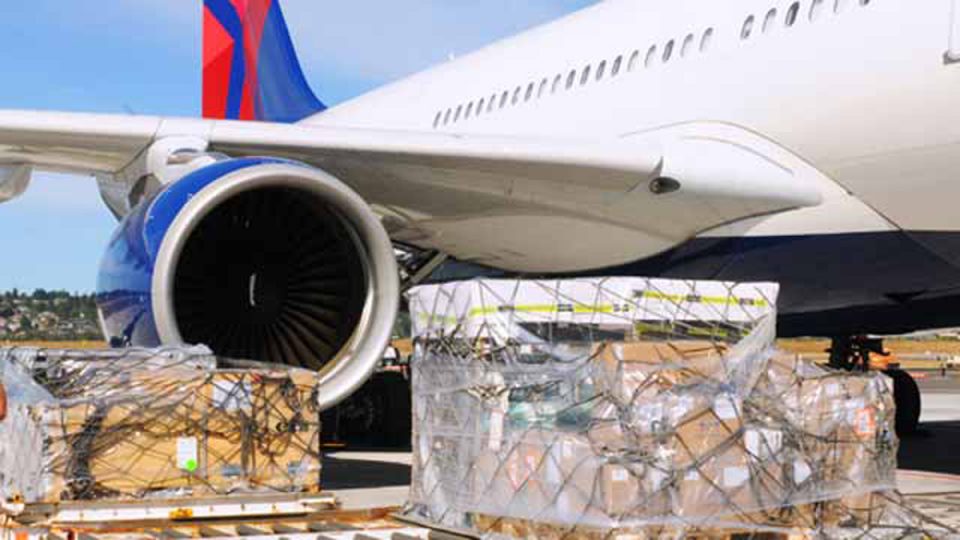Until about 13 cargo airports nationwide diversify into non-aeronautical aviation services and partner with agro exporters to create supplies, their facilities would continue to be underutilised and unviable.
Stakeholders in aviation, air cargo business and logistic services, who gave the verdict at the Chinet 22 Aviation and Cargo Conference in Lagos, said there are enough opportunities for handlers and players alike to jointly turn around the fortunes of the idle high-end facilities.
There are over 24 airports nationwide, the majority of which are running at a loss even as more state governments are still building new ones.
But for the trio of the Murtala Muhammed International Airport (MMIA), Lagos; Nnamdi Azikiwe International Airport (NAIA), Abuja, and the Port Harcourt International Airport (PHIA), Omagwa, Rivers State, none of the other airports has sufficient revenue to cover the cost of operations.
Self-evident is their gross under-utilisation nationwide. Cumulatively, they cost the Federal Airports Authority of Nigeria (FAAN) an average of N44.39 billion loss for keeping them in operations yearly, as at 2019.
Associate Member of Airstream Aviation Services Ltd, Anny Chigbo, noted that the norm among states building cargo airports was to build the facilities without any business plan for its utilisation.
Chigbo noted that there are enormous information gaps between cargo demands and supplies in the system already, yet the airports are not primed to bridge the gap.
“You are building a cargo airport, but what for; business or just to have an airport? How is Anambra Airport and others like it marketing themselves to exporters? Anambra exports vegetables but not through the airport.
“Exporters of cargo don’t know what the business plan is all about. Getting the aircraft is as important as the cargo on it. But do we have enough cargo at the airports? No! That is where the problem is,” he said.
President, Aircraft Owners and Pilots Association of Nigeria, Dr. Alex Nwuba, noted that though the airports are called Cargo Airports, they are so named because they were built by state governments.
Nwuba explained that they are passenger airports, though it does not foreclose their cargo operations.
He described those airports as real estate that should utilise the comparative advantages of their host communities.
“Anambra, for instance, has its vegetables and also a huge commerce base. The produce/product can be supplied nationwide and internationally, utilising the Anambra Airport. That is the case for all of them. Yobe and Calabar have tourism potential. We can take advantage.
“There are about 13 cargo airports nationwide, they only need to have each tailored to a good business case. We tried to do that with Bayelsa Airport in Yenagoa, which started without any business case. We had to find one; a design to set up a shopping mall and have an anchor tenant to keep the airport active.
“I proposed having a global helicopter company to have a base at Yenagoa, we brought interested partners from Turkey with a good proposal of development and transformation to create the kind of experiences people get visiting Dubai. Unfortunately, nothing came out of those proposals and Baylesa did nothing about them. We have those opportunities waiting to make the airports viable,” Nwuba said.
Chief Executive Officer (CEO) of Chisco logistics, Obinna Anyaegbu, added that the logistic services and airlines need more produce/products for export, as there is a low supply for freight services.
“There is a lack of supply and marketing of our products globally. Trust me; the Chinese people want to eat our pineapples, bananas, plantains and so on. We have some of the tastiest and most nutritious fruits in the world. But demands and supplies are not meeting right now.
“There are cargo planes and bellies of passenger planes flying empty, yet fruits are rotting away on farms. Those are the gaps. About two years ago during the COVID lockdown and our vehicle service was down; we leased aircraft to lift cargo from Lagos to Accra. It was a 14-tonner Boeing 737 aircraft but we were struggling to get two tonnes a week. So, the export is not yet there,” Anyaegbu said.
Founder and CEO of Hashgreed, Efosa Ighodaro, noted that the cost of financing aviation is huge. However, operators should shift from the traditional means of sourcing funds to more effective blockchain technology that allows for tokenisation and crowdfunding.
Ighodaro noted that to acquire $80 million worth of aircraft for instance, “you only need to tokenise it into 80 million units that each person globally can participate in with $1 and at an interest-free rate.”




